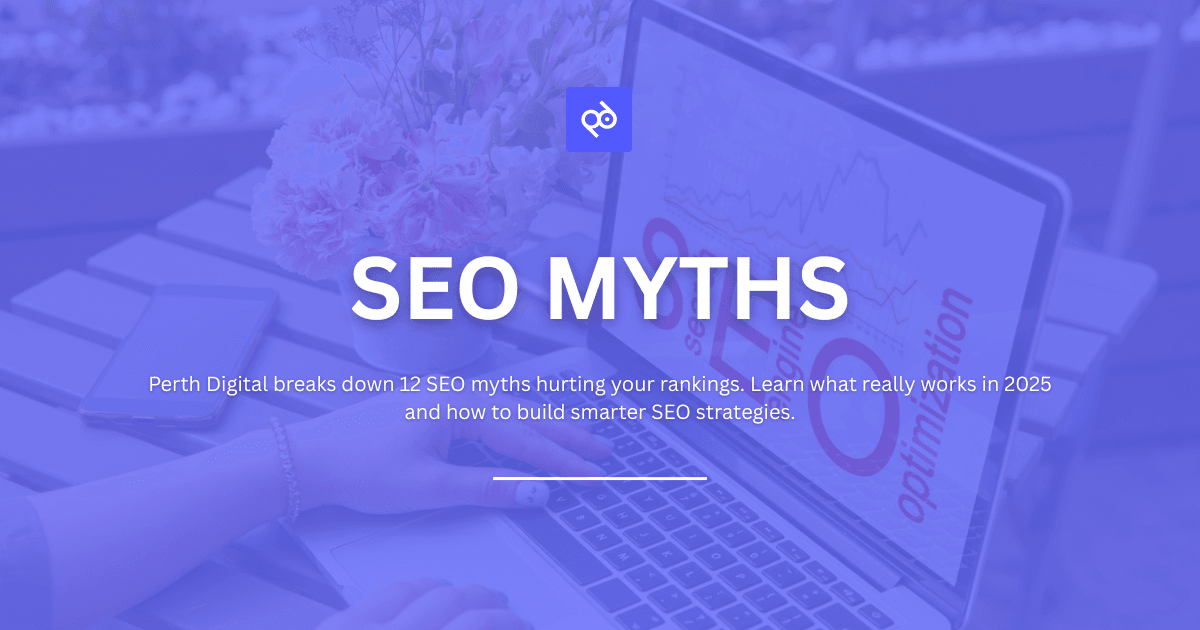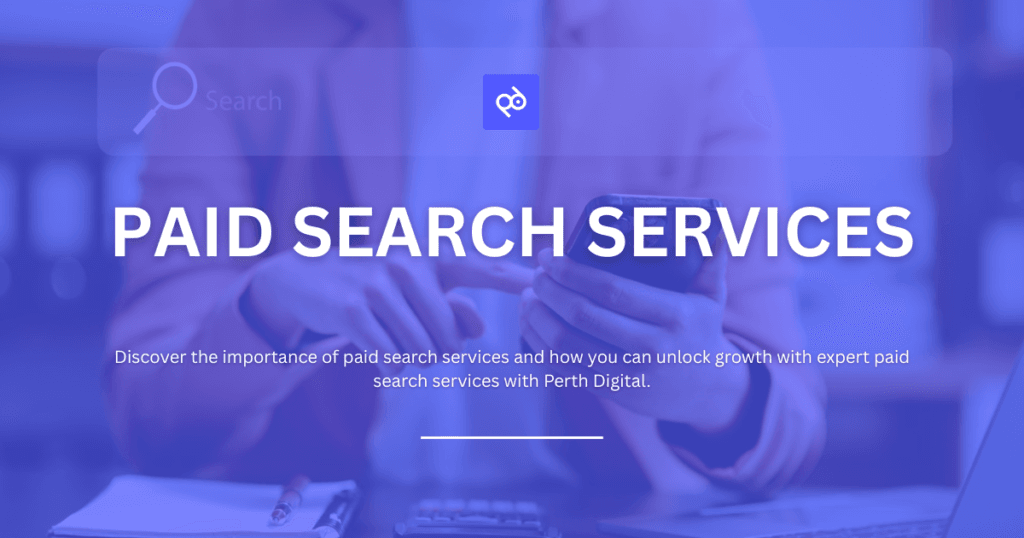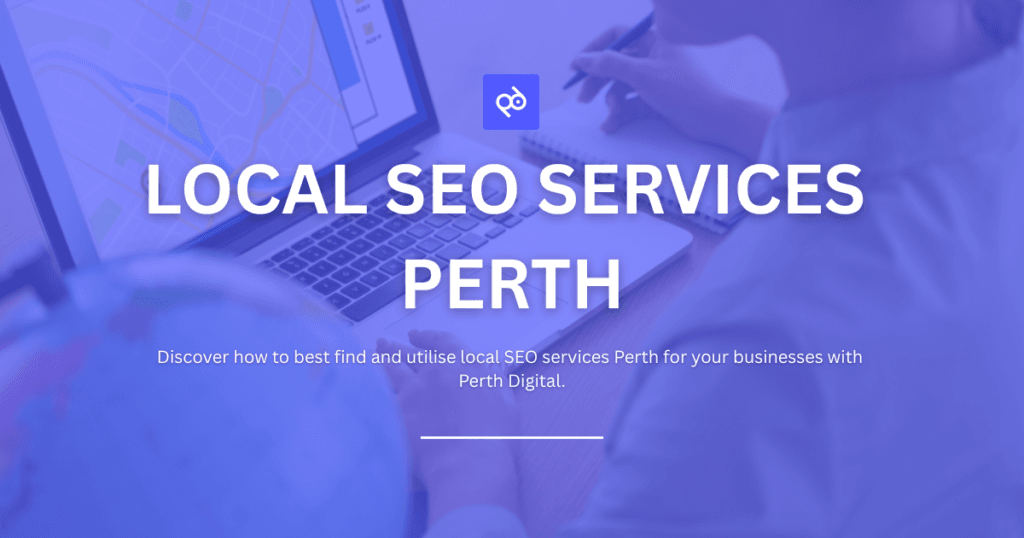The world of SEO is riddled with outdated advice, recycled theories, and persistent myths that simply won’t go away. For businesses and marketers striving to build a strong online presence, believing in the wrong tactics can lead to wasted budgets, stagnating rankings, and disappointing traffic.
At Perth Digital, we work closely with international clients to cut through the confusion and focus on what actually drives sustainable results. In this guide, we break down 12 of the most widespread SEO myths holding businesses back, and what you should be doing instead.
1. “SEO Is All About Ranking #1 on Google”
Why It’s Wrong:
Many businesses believe that securing the top position in search results is the ultimate goal. While high rankings are valuable, ranking #1 isn’t everything. Users often scroll past the first result, especially if the snippet doesn’t directly address their needs or if featured snippets and ads dominate the top of the page.
What You Should Focus On:
Aim for relevance over position. A well-optimised page that ranks third but matches the user’s search intent can outperform a poorly optimised page in first place. Additionally, focus on metrics like CTR, dwell time, and conversions, because traffic alone doesn’t build a business. Instead of chasing vanity metrics, optimise content to be useful, clear, and action-driven.
2. “More Keywords = Better SEO”
Why It’s Wrong:
Keyword stuffing was a tactic that worked two decades ago. Today, it does the opposite. Overusing keywords makes content unreadable and triggers red flags in Google’s algorithm, which is designed to reward natural, contextually rich content.
What You Should Focus On:
Use your primary keyword sparingly and support it with semantically related phrases. Google understands context through Natural Language Processing (NLP), so focus on answering user questions, covering the topic holistically, and demonstrating subject matter relevance. Well written content that feels natural to read will always perform better than keyword-stuffed copy.
3. “You Only Need SEO Once”
Why It’s Wrong:
SEO isn’t a one-off project or a tick-box exercise. Search engines constantly evolve, and so do user behaviours, competitive landscapes, and technical requirements. A website that was SEO-friendly two years ago may now be outdated and underperforming.
What You Should Focus On:
SEO requires ongoing maintenance, from updating content and building links to monitoring algorithm updates and resolving technical issues. Consistent content publishing, regular audits, and continuous performance tracking should be part of your long-term SEO strategy. Perth Digital’s SEO solutions are designed for this very reason: to provide sustainable growth, not temporary wins.
4. “Meta Tags Don’t Matter Anymore”
Why It’s Wrong:
Some marketers mistakenly believe that because Google no longer uses meta keywords, meta tags don’t matter at all. That’s simply not true. Title tags and meta descriptions still play a major role in how your page is displayed in the SERPs and how likely users are to click on your result.
What You Should Focus On:
Write unique, keyword-relevant title tags for every page. Keep them under 60 characters and ensure they reflect the content accurately. Meta descriptions don’t directly affect rankings, but they impact your click-through rate, which Google does take into account. Treat them like micro-advertisements: concise, benefit-driven, and optimised for engagement.
5. “Link Building Is Dead”
Why It’s Wrong:
The misconception that link building no longer matters likely comes from fear of penalties related to black-hat techniques. While dodgy link schemes are penalised, ethical link building is still one of the strongest ranking signals.
What You Should Focus On:
Prioritise quality over quantity. Earn backlinks from reputable, niche-relevant websites with genuine traffic and authority. Guest posting, thought leadership content, digital PR, and partnerships are still excellent ways to build a healthy backlink profile. At Perth Digital, we focus on white-hat strategies that build authority without putting your site at risk.
6. “SEO Is All About Google”
Why It’s Wrong:
While Google holds the majority of global search market share, focusing solely on it means ignoring other valuable sources of organic visibility. Platforms like Bing, YouTube, Amazon, and Pinterest all operate as search engines in their own right, and some may offer less competition and better conversion potential, depending on your audience.
What You Should Focus On:
Diversify your SEO strategy. If you’re in ecommerce, consider optimising for Amazon or Google Shopping. If your business relies heavily on visual content, Pinterest SEO can be incredibly effective. For B2B, LinkedIn content strategy might complement your search efforts. Know your audience, know where they search, and be there.
7. “Mobile Optimisation Isn’t a Priority”
Why It’s Wrong:
More than 60% of all search traffic now comes from mobile devices. Google uses mobile-first indexing (a 2025 SEO trend), meaning it evaluates the mobile version of your site first when determining rankings. A poor mobile experience can tank your visibility.
What You Should Focus On:
Ensure your site is fully responsive, with intuitive navigation, large tap targets, and fast load times on mobile networks. Use tools like Google’s Mobile-Friendly Test or PageSpeed Insights to identify issues. At Perth Digital, mobile optimisation is a non-negotiable part of every SEO campaign we run, because it impacts both rankings and revenue.
8. “Social Media Signals Improve Rankings”
Why It’s Wrong:
There’s long been confusion around whether social likes, shares, and comments impact search rankings. The short answer? Not directly. Google has stated that social signals are not part of the ranking algorithm.
What You Should Focus On:
While social activity doesn’t directly boost rankings, it can indirectly support your SEO by increasing brand exposure, attracting visitors, and earning backlinks. The more your content is shared and seen, the more likely it is to gain authority. A strong content distribution plan across social channels should work hand-in-hand with your SEO efforts, not replace them.
9. “Content Is King, Post As Much As Possible”
Why It’s Wrong:
Quantity alone no longer moves the needle. Publishing frequent but shallow blog posts won’t help you compete in today’s content-saturated SERPs. Google now prioritises content that demonstrates depth, originality, and usefulness, especially in YMYL (Your Money or Your Life) niches.
What You Should Focus On:
Aim for quality over volume. Research your topics in depth, provide unique insights, and add supporting visuals, data, or examples. Keep content updated and relevant over time. Or better yet, you can invest in creating evergreen content.
10. “You Can Just Copy What Your Competitors Are Doing”
Why It’s Wrong:
It’s tempting to look at high-ranking competitors and replicate their keywords or page structure. But blindly copying their strategy can backfire, what works for them may not work for you, especially if your brand identity, audience, or goals differ.
What You Should Focus On:
Use competitor analysis to identify gaps and opportunities, not to mimic. Ask: what are they missing? Where can you go deeper or offer a fresh perspective? Create content that is better, not just similar. Differentiation and relevance win in the long term.
11. “Local SEO Doesn’t Matter Unless You Have a Shopfront”
Why It’s Wrong:
Many service-based or digital-first businesses wrongly assume local SEO is only for restaurants, retail, or brick-and-mortar shops. In truth, any business that serves clients in a specific region can benefit from improved local visibility.
What You Should Focus On:
Claim and optimise your Google Business Profile, even if you don’t have a public office. Include local keywords in your content, build citations in local directories, and earn reviews from clients. Local SEO can help you dominate your niche, especially if you’re targeting regions like Perth or broader Western Australia where competition is still growing.
12. “AI Tools Can Handle SEO for You”
Why It’s Wrong:
AI has become a valuable tool in content creation, research, and workflow automation. But relying on it to handle all of your SEO can lead to generic, lifeless content and missed strategic insights. Search engines reward human-centred content with personality, context, and trust.
What You Should Focus On:
Use AI as an assistant, not a replacement. Let it help with outlines, topic suggestions, or first drafts. But always bring in a human touch, editorial judgment, brand tone, subject matter expertise, and structure tailored for conversion. Perth Digital uses AI to speed up research, but every word we deliver is reviewed and refined by SEO professionals who know what your audience needs.
Strong SEO Starts with Smarter Thinking
SEO success in 2025 isn’t about tricks, loopholes, or blindly following advice from 2010. It’s about unlearning outdated SEO myths and focusing on what truly works: relevance, user experience, quality content, and strategic technical optimisation.
If your current approach isn’t delivering results, it might be time to reassess the myths you’ve been following, and rebuild with clarity and confidence.
Work with SEO Specialists Who Understand What Matters
At Perth Digital, we offer data-driven SEO strategies that move the needle. No fluff. No shortcuts. Just transparent, goal-oriented SEO that works for Australian businesses in today’s competitive landscape.
Ready to build a smarter SEO strategy? Contact the Perth Digital team today!



